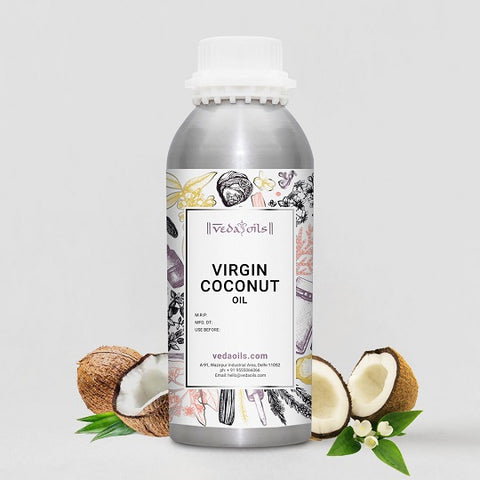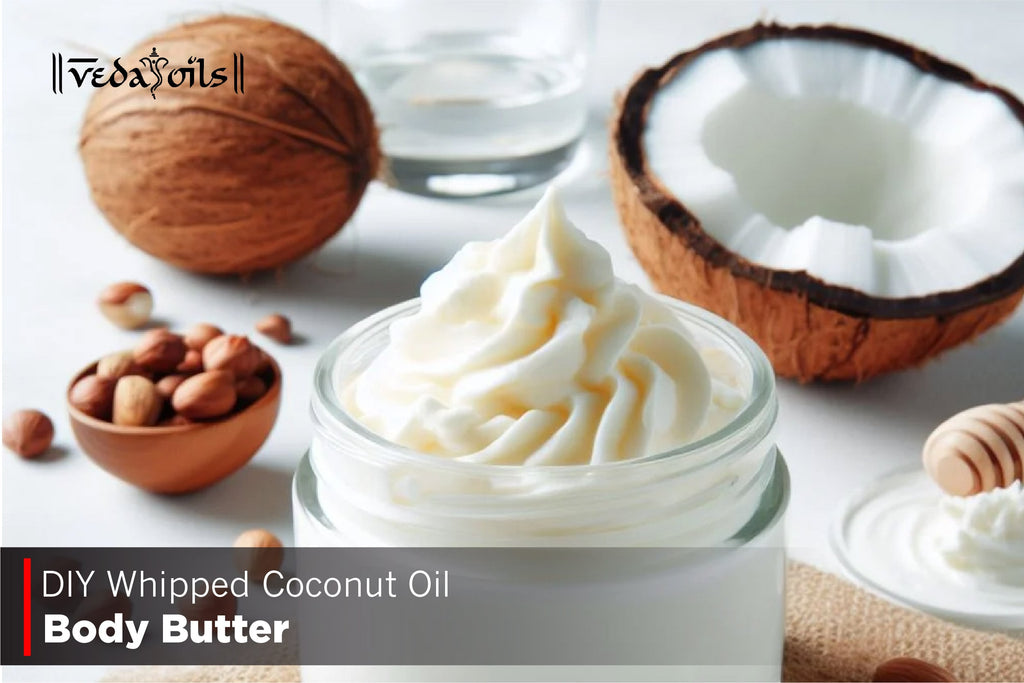Essential Oils For Nosebleeds
A variety of factors can cause nosebleeds. It is only sometimes possible to pinpoint the precise cause of one. Nosebleeds can begin inside your nostrils (anterior) or at the back of your nose (posterior). The causes of these various types of nosebleeds vary.

So, what should you do if you get a nosebleed? Most nosebleeds can be treated by sitting down and firmly pinching the soft part of your nose, just above your nostrils, for at least 10-15 minutes. However, consider these top 10 essential oils for nosebleeds for severe cases.
Top 10 Essential Oils For Preventing Nosebleed
Although nosebleeds are common, they can cause long-term damage to your nasal cavity. So, what are the top ten essential oils for a nosebleed?
1. Helichrysum Essential Oil For Nosebleed
Helichrysum essential oil is known to aid in blood clotting. This essential oil also contains a high concentration of vitamins, minerals, and fatty amino acids, which nourish the nasal skin and help to prevent nosebleeds.
Helichrysum essential oil is a healer that can treat wounds, nerve damage, pain, and regeneration. This essential oil has antifungal properties that help to reduce any nose infections that may be causing your frequent nosebleeds.
2. Frankincense Essential Oil For Nosebleeds
Frankincense essential oil truly is a miracle oil. This essential oil cures many diseases and even alleviates anxiety and stress. When people are stressed, you may notice that they have a nosebleed.
This is usually an anxious nosebleed. Frankincense essential oil is excellent for this and other types of nosebleeds. Apply it to your nose and watch it work right away! Use any carrier oil to apply the essential oil to your nose.
3. Cypress Essential Oil For Nosebleeds
Cypress essential oil is beneficial to one's overall health. This essential oil can strengthen blood vessels so that they do not rupture easily. The essential oil may also be used to treat nose spasms that result in nose bleeding.
Cypress essential oil has exceptional clotting properties. This essential oil can help with nosebleeds in a variety of ways. The essential oil may aid in the improvement of liver function as well as the relief of pain and respiratory disorders.
4. Lavender Essential Oil For Nosebleed
The wound-healing properties of lavender essential oil aid in the treatment of granulation tissue through collagen synthesis and effectively and quickly stop bleeding.
When a person gets a nosebleed, it is usually caused by the rupture of a fragile blood vessel in the nose. Applying lavender essential oil to the skin around the nose will stop the bleeding.
5. Lemon Essential Oil For Nosebleed
The essential oil of lemon is known to have hemostatic properties. The antibacterial properties of this essential oil can help to stop the spread of bacteria and combat infections caused by blocked blood vessels.
Lemon essential oil has hemostatic and healing properties that aid in the prevention of nose bleeding. It also aids in the healing of scars from a nasal bleeding wound or nose surgery, as well as other facial wounds.
6. Geranium Essential Oil For Nosebleeds
The geranium essential oil has been shown to help prevent nose bleeding in people with hereditary hemorrhagic telangiectasia. This essential oil is also a platelet aggregation inhibitor.

When inhaled, the essential oil also has a soothing effect, which can help to reduce swelling and speed up the healing process. The geranium essential oil has blood clotting properties that help treat nosebleeds.
7. Virgin Coconut Oil For Nosebleeds
A bloody nose is frequently caused by dry weather, which causes the vessels to tear and bleed. Apply a small amount of virgin coconut oil to your fingers. You will notice a difference right away.

Virgin coconut oil keeps the injured area moist for a long time. It also softens the skin, which helps to keep it from happening again. The best part is that this oil also feels soothing and relieves all pain.
8. Virgin Olive Oil For Nosebleeds
A vitamin deficiency can also cause nosebleeds, and virgin olive oil is high in vitamins and fatty acids, which nourish the nasal layer. virgin olive oil also helps to strengthen nasal skin, preventing future nosebleeds.

The symptoms of blood thinning and high blood pressure, which can be the root cause of nosebleeds in adults and children, are treated with virgin olive oil. virgin olive oil can also moisturize a dry, crusty nose and reduce nosebleeds.
9. Sesame Oil For Nosebleeds
Dryness can cause nose bleeds. Sesame oil significantly reduces nasal mucosa dryness. This oil effectively cures nose bleeding by lowering blood pressure in the veins of your nose.

Sesame oil is high in vitamins and minerals, aiding blood clotting. The antibacterial and antifungal properties of this oil can treat a fungal infection inside the nose, which may be the cause of your nosebleed.
10. Vitamin E Oil For Nosebleeds
Another essential nutrient to consider when treating nosebleeds is vitamin E oil. Vitamin E is required by your body to produce the proteins involved in the clotting process.

This nutrient is essential for coagulation, also known as blood clotting. Vitamin E oil also reduces the brittleness of small blood vessels. This oil moisturizes and heals the inner nose layer, which can bleed due to damage.
Essential Oil Blend Recipe For Nosebleed
Anyone oil will suffice for your nosebleed, but if you want the best and most immediate results, try this essential oil diffuser blend for a nosebleed.
Ingredients:
- Water - 1 Cup
- Cotton Ball - 1 Piece
- Lemon Essential Oil - 2 Drops
- Cypress Essential Oil - 2 Drops
- Helichrysum Essential Oil - 2 Drops
Directions:
Step 1: In a bowl, combine the water and essential oils. Soak the entire paper towel in water.

Step 2: Wring out the paper towel and place it over the entire nose, applying pressure to the midsection to aid in coagulation.
Step 3: Stopping the bleeding should take no more than ten minutes.
Frequently Asked Questions
People are confused because essential oils have multiple benefits, so let's clarify some frequently asked questions in this post section.
Q: What Essential Oil Stops Nosebleed?
Ans: All the essential oils mentioned above effectively treat nosebleeds, but geranium oil is the best. It can stop bleeding in two ways: it causes blood vessels to contract, which helps to stop blood flow and accelerates coagulation or blood clotting.
Q: Is There Essential Oil For Nosebleeds?

Ans: Choose any of the oils on the list or purchase helichrysum essential oil, which has wound healing and anti-inflammatory properties and can also help with nosebleeds.
Q: Which Essential Oil Will Stop Bleeding?
Ans: A few drops of lavender oil can stop nosebleeds and clean the affected area, killing any bacteria that may be present.
Conclusion
The essential oils for nosebleeds listed above are well-known and proven. They are perfectly safe to use to treat nosebleeds. Most people can safely use these oils; dilute them before use and use only high-quality VedaOils essential oils for your nosebleed. VedaOils.com offers a variety of essential oils at low prices.
You May Also Like:
Buy Products
-
 Geranium Essential Oil
Geranium Essential Oil -
 Sesame Oil
Sesame Oil -
 Virgin Coconut Oil
Virgin Coconut Oil -
 Virgin Olive Oil
Virgin Olive Oil -
 Vitamin E Oil (Tocopheryl Acetate)
Vitamin E Oil (Tocopheryl Acetate)
Related Articles
Disclaimer :- This article is intended for informational and educational purposes only and should not be considered a substitute for professional medical advice. For specific health concerns or treatment, please consult your personal physician. The article's editor, writer, and VedaOils organization do not assume any responsibility for any health outcomes resulting from the information provided. Readers are strongly encouraged to seek advice from their physician before acting on any recommendations made in these articles.

















 Sign in
Sign in Register now
Register now My Reward Points
My Reward Points














